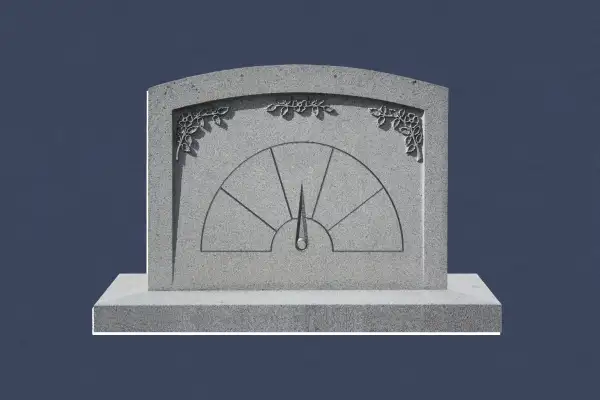Your Credit Score Can Predict When You'll Die, Research Shows

Need another reason to obsess over your credit score? Here’s a new (if macabre) one: According to a team of economists, that three-digit number isn’t just a good indicator of how stable you are as a borrower — it can also predict how long you’ll live.
Researchers from the University of California Irvine and the University of Geneva recently analyzed Experian credit data from 2004 to 2016 for more than 2 million randomly-selected people. If an individual died during that period, their death was recorded by Experian, allowing the researchers to create a computer algorithm sussing out whether elements of their credit report — like a sudden, significant change in credit score — is linked to mortality. According to the researchers' findings, published in a December 2021 paper, it absolutely was.
“People behave in the credit market in different ways according to specific underlying characteristics,” says Giacomo De Giorgi, a professor at the Geneva School of Economics and Management and one of the study’s authors. “In this case, the risk of death is one of those.”
The connection between mortality and credit scores manifests in two major ways, according to the researchers.
The first is in how people spend money throughout their lives — especially at the end of it. Someone who just received a cancer diagnosis, for one, will probably spend in markedly different ways than he did just a few months prior. He might rack up medical debt or, if the diagnosis is terminal, max out his credit cards on Mediterranean cruises, BASE-jumping equipment or some other high-dollar, once-in-a-lifetime expense.
The second connection is less direct.
Previous research tells us that people who experience economic strains, like a sudden job loss, are more likely to take on debt, lose access to health care resources and experience mental health crises compared to those who are gainfully employed. All of this leads to financial duress that can shorten a person’s life in the long run. That shows up in credit data too, the researchers say.
Having a low credit score doesn't mean you're more likely to die young — at least not according to this metric. (Remember, the paper looks at pronounced changes in credit reports, it doesn't compare individuals' credit scores.) And since the poorest Americans don't have credit, they're not represented in the data.
These new findings also can’t predict exactly when you’ll die based on a specific numerical change to your credit score — the researchers can’t, in other words, say a 40-point drop means death is imminent. What this data CAN do, however, is identify such a drop to a person or agency that could stage a life-changing intervention.
Let’s go back to that imaginary cancer patient. Say he survives the disease but has to take unpaid leave from his job to recover. Bills pile up in the meantime, and he has to apply for a new credit card and max out his spending limit, to stay afloat. As a result, his credit score drops significantly, and due to the high cost of chemotherapy and recovery, it stays low.
In situations like this, the researchers hypothesize, the data could help a company develop services that flag our imaginary patient as a candidate for targeted financial help, or subsidized health insurance plan like Medicaid.
“Many people don't often understand the risk that they're getting themselves into through various forms of borrowing, and how that all leads to progressively more catastrophic outcomes for them,” says Matthew Harding, a Department of Economics professor at the University of California Irvine and the study’s co-author. “People's lives could potentially be made better by having some advanced information on [these] things.”
There's another, more dystopian, implication to these findings, Harding says.
If a team of economics professors can predict how healthy you are based on your credit score, so can insurance companies. An industry with a bad reputation for using Big Data to drive rates higher could potentially make things like health care and life insurance even less affordable than they already are. Employers could also, theoretically, use this information to discriminate against employees.
“There's enormous power in using data to predict outcomes that otherwise would be inaccessible,” he says. “But there are also potential ways in which some companies might want to take advantage of it.”
More on Credit & Credit Repair
Money’s Top Selection Guides for Improving Your Credit
Money’s Credit Repair Companies Reviews |
